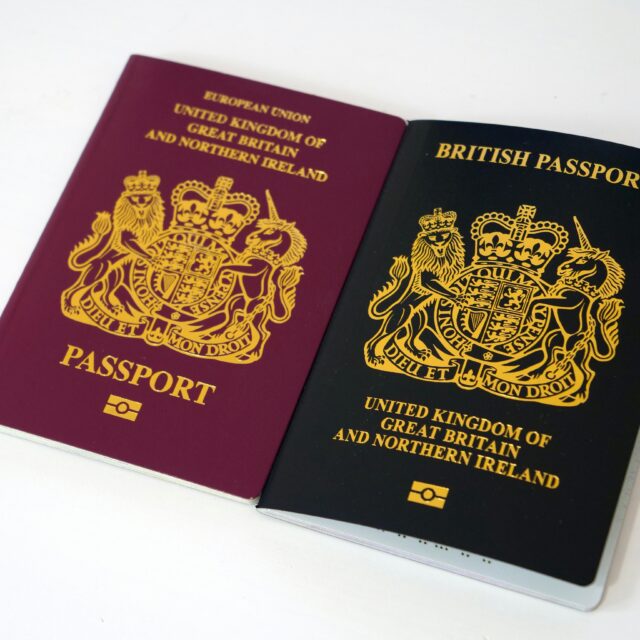Photo by Ivan Diaz on Unsplash
The European Union Agency for Railways (ERA) says it has taken “significant steps” towards its mission of fostering a sustainable and safe railway system without frontiers.
The assertion comes as the ERA announced the official launch of its railway factsheets, a tool aimed at “unlocking data and addressing fragmentation.”
The ERA says the “data architecture enables efficiency gains” for the entire European railway sector.
The factsheets, unveiled on 6 December, offer a comprehensive overview of the rail sector across European countries with one-click access.
They cover everything from transport statistics, railway organisations and rolling stock to infrastructure, safety and market structure.
The agency says the “toolbox” unlocks data from ERA and other organisations, providing a broad and accurate representation of the European railway landscape.
An ERA spokesman said, “The factsheets bring fragmented data together in an accessible format and changes the fundamentals on how railway data is defined and shared.”
Today, railway data is typically kept in isolated and incompatible databases. Linked data is central to ERA’s strategic plan to overcome challenges such as data gaps, unaligned definitions, and accessibility barriers.
The spokesman said, “It sets the foundation for more efficient data sharing between railway actors across Europe and novel applications. ERA presents the substantial progress that has been achieved and several future use cases.
“Through linked data and the factsheets, ERA is taking a crucial step towards increasing the efficiency of railway operations, filling knowledge gaps, and facilitating informed policymaking.”
Josef Doppelbauer, ERA’s Executive Director, emphasizesd the significance of this advancement, saying, “Linked data and the factsheets contribute to our mission to create a sustainable and safe railway system for Europe.
“They provide tangible solutions to historical challenges in the European railway data landscape. By addressing fragmentation and enhancing accessibility, we aim to streamline operations and facilitate evidence-based policymaking to empower European railways.”
The agency was established in Valenciennes in 2004 and provides EU Member States and the European Commission with technical assistance.




